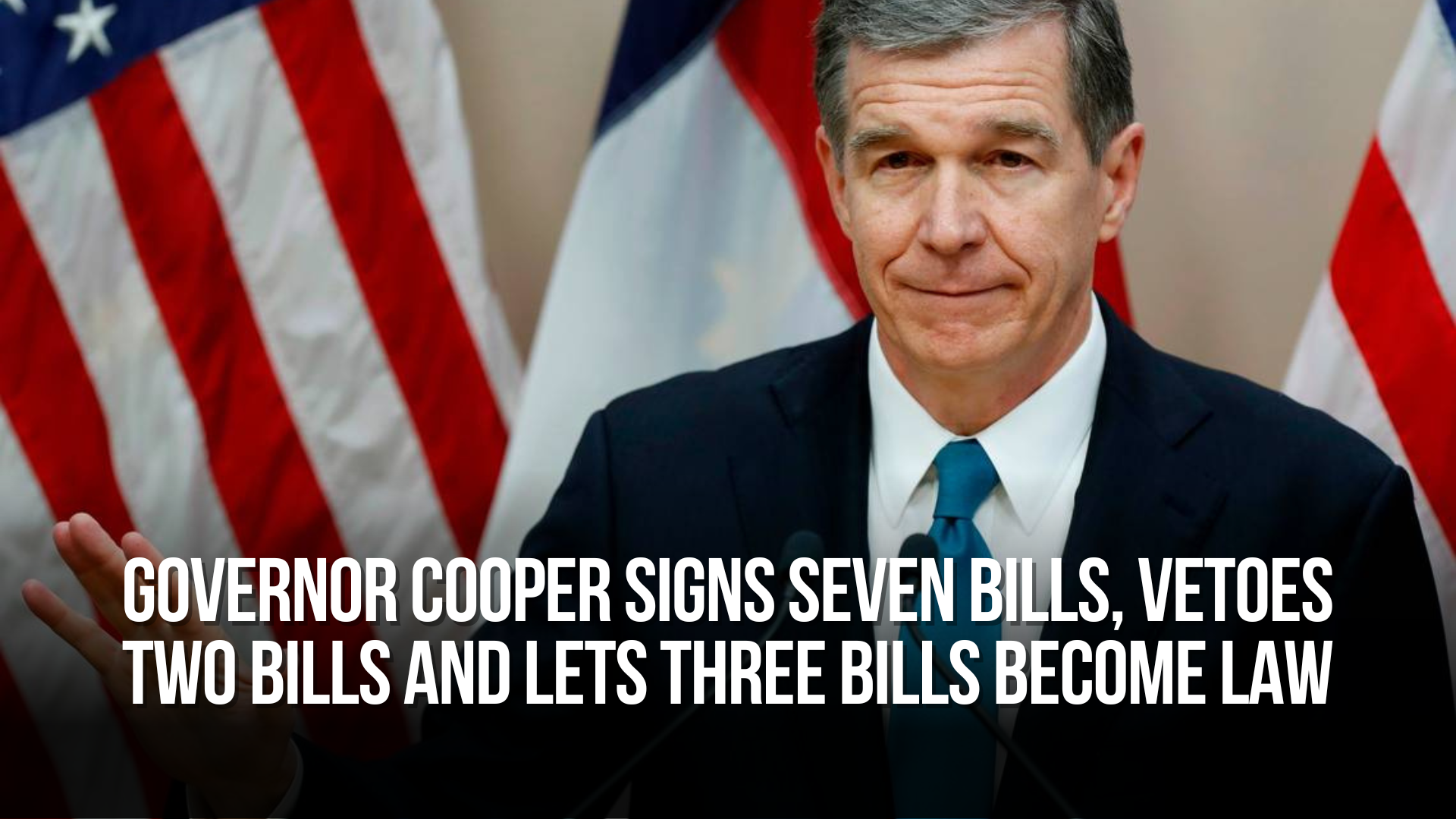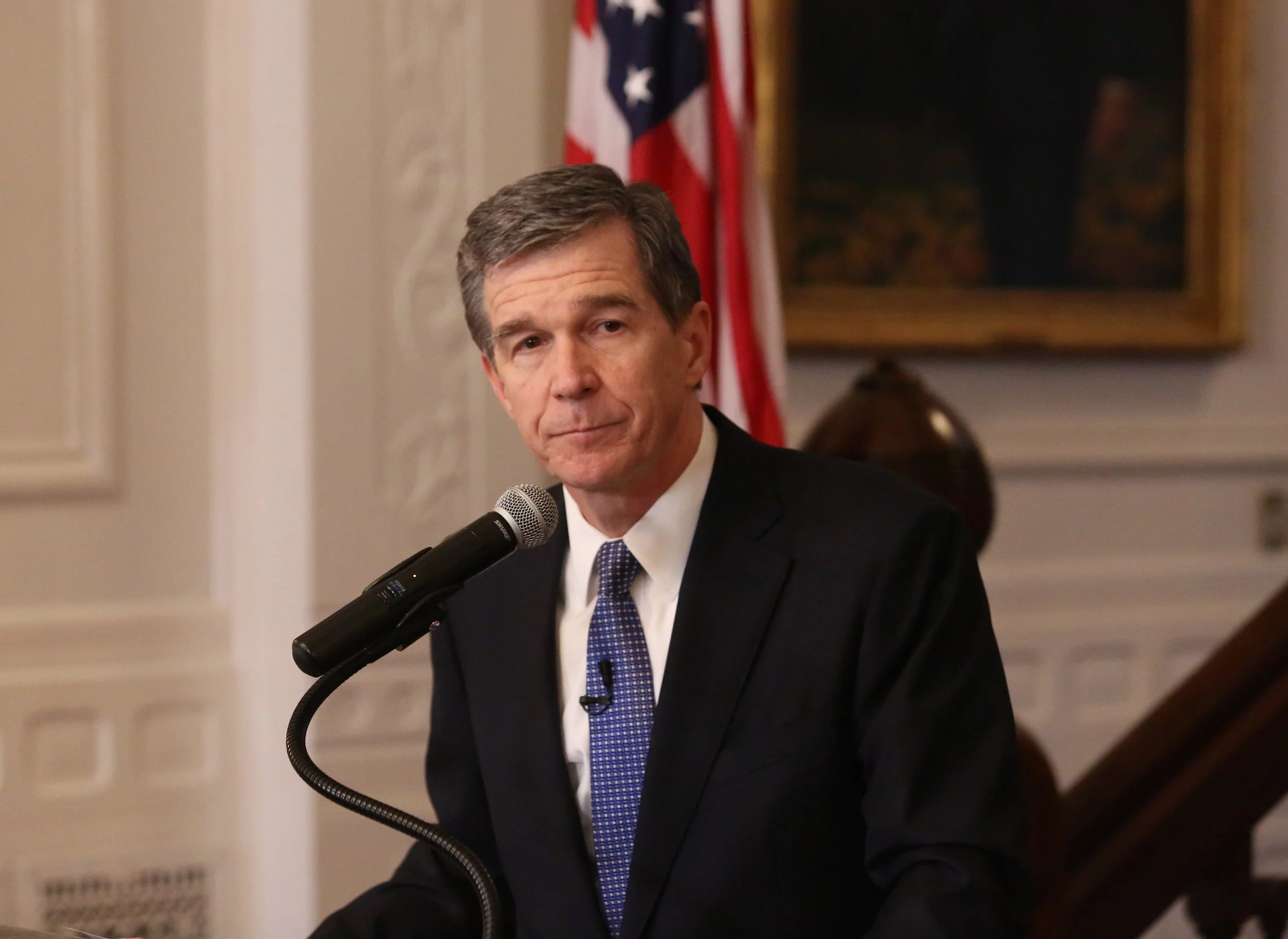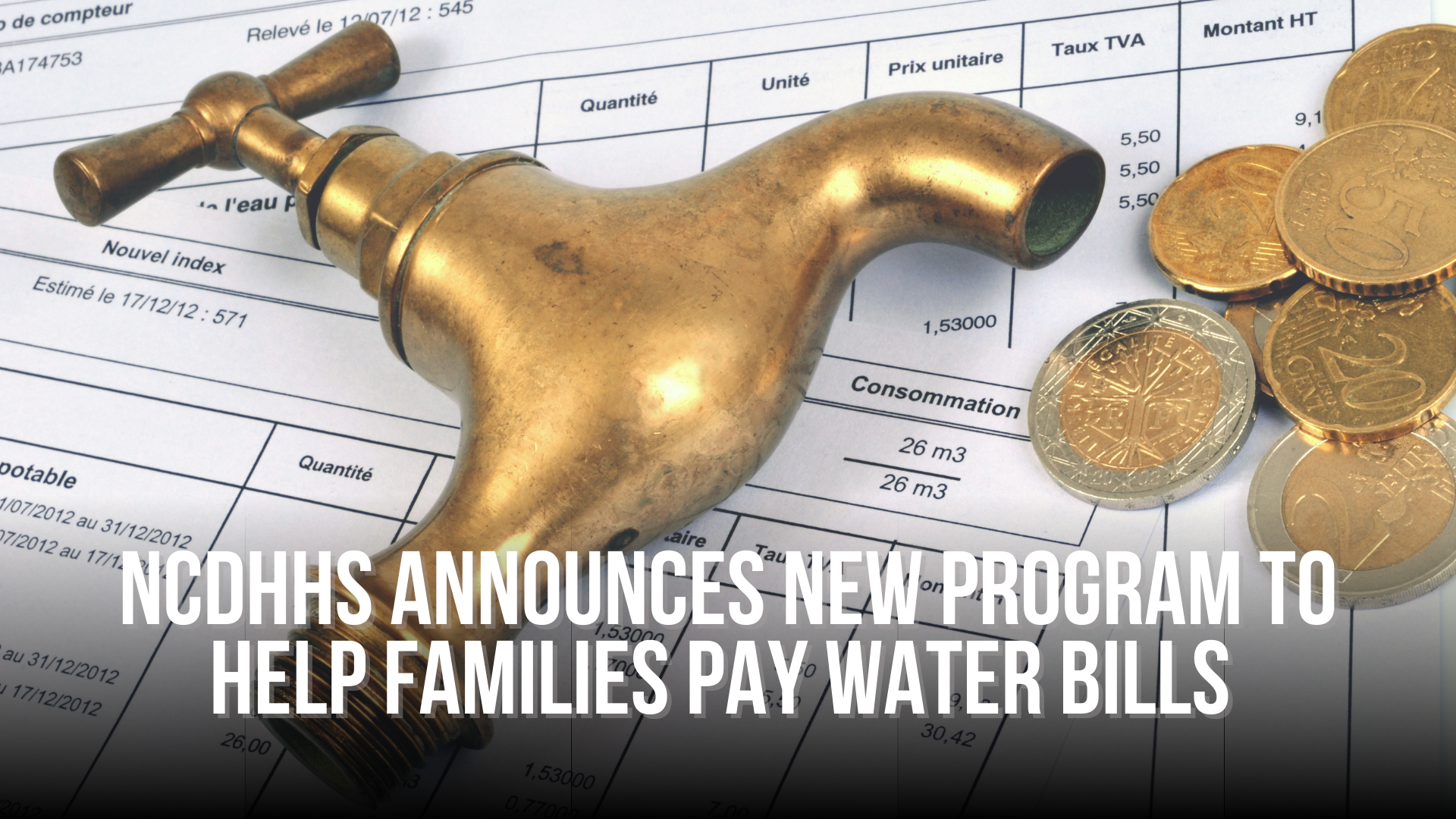Governor Roy Cooper signed the following bills into law:
All tagged bills
Governor Cooper Signs Seven Bills, Vetoes Two Bills and Lets Three Bills Become Law
RALEIGH: Governor Roy Cooper signed the following bills into law:
How to spot scam debt collectors
If you have bills that are past due, you might be contacted by a debt collector. But don’t be fooled: scammers often impersonate debt collectors to try to convince people that they owe unpaid debts or try to scare or threaten people to collect on non-existent debt. Being contacted by a legitimate debt collector can be stressful on its own – make sure that you look for these signs to help you spot any scam artists.
Governor Cooper gives a 50-50 response to six final bills for 2021
N.C. Gov. Roy Cooper signed three bills into law Thursday, Dec. 9, but also vetoed three bills. Getting the veto stamp were House Bill 220, Choice of Energy, and Senate Bill 725, Prohibit Private Money in Elections Administration, which would have banned private groups from funding local elections offices in North Carolina. The issue came up when a group founded by Mark Zuckerberg provided money for elections in 2020 in communities that leaned Democrat.
NCDHHS announces new program to help families pay water bills
The North Carolina Department of Health and Human Services today announced the State of North Carolina has been awarded more than $38 million in federal funding to establish a new water assistance program for households affected by the COVID-19 pandemic.
Governor Cooper Signs Budget and Two Bills into Law
Governor Roy Cooper signed the following bills into law:
More than 180,000 N.C. Households Getting Help for Monthly Internet Bills
More than 180,000 North Carolina households are getting critical assistance affording high-speed internet service thanks to a federal relief program that helps families in need pay internet bills and fully participate in the digital economy.
Governor Signs Seven Bills into Law
Read the bills Governor Roy Cooper signed into law.
Governor Cooper signs four bills into law
Yesterday, Governor Roy Cooper signed the following bills into law.
Election integrity bills advance in N.C. Senate
Three bills comprising the thrust of legislative election integrity efforts advanced through the N.C. Senate Committee on Redistricting and Elections on Wednesday, June 9. Senate Bills 326, 725, and 724 were each approved by voice vote and referred out of committee.
Legislation would ease health care red tape, boost access to care
Legislation introduced in this session of the General Assembly seeks to reduce restrictions created by certificate of need laws, which critics say reduce access to health care and increase costs.











